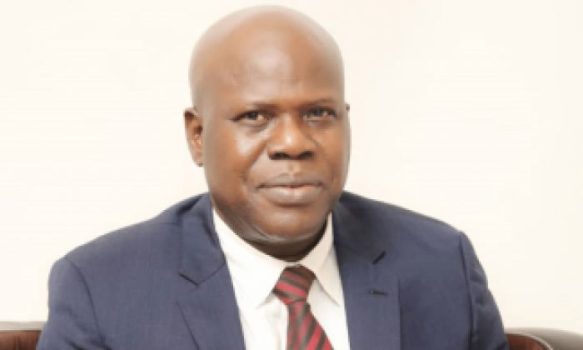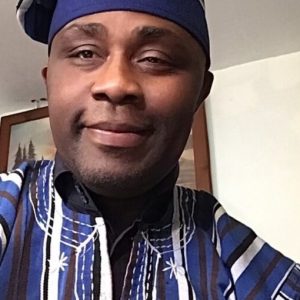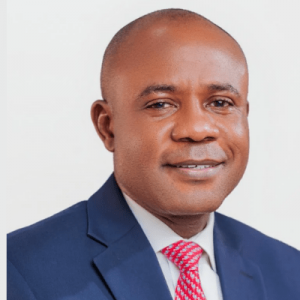Rather than submit to accountability, Wike’s lapdogs have chosen to engage in doggy attacks. They hurl insults and attempt to deflect attention, but the matter before us is clear: this is a case of international crime. And for those who think otherwise, let it be said without ambiguity—there is no hiding place for the Wikes of this world.
In any decent clime, the weight of the allegations against Minister Nyesom Wike would have been enough to compel him to resign or be relieved of his appointment pending investigation. That is the standard in societies that take governance and integrity seriously. Unfortunately, Nigeria has for too long normalized impunity, where allegations of corruption are shrugged off, and public officials brazenly carry on as though nothing has happened.
Not Vendetta, But Accountability
For emphasis, this is not about personal attacks or vendetta. It is about international crime and accountability. When public officials loot Nigeria’s commonwealth and launder it abroad, they make themselves subject to the laws of those countries. Sovereignty cannot shield criminality once illicit funds cross borders.
Omoyele Sowore’s petition in Florida has only brought to light what many pretend not to see: a disturbing pattern where Nigerian leaders deny citizens basic infrastructure at home while securing luxury properties and comfort for their families abroad. Instead of condemning him, Nigerians should be grateful that someone has the courage to act where our institutions have consistently failed.
The Nigerian Tragedy
Nigeria’s tragedy is not simply that leaders steal; it is that they do so with the confidence that they will never be held accountable. Citizens have been conditioned into silence, often even defending their oppressors. The result is a society where corruption thrives unchecked, and poverty deepens daily.
But it should not be so. If we truly desire a better Nigeria, then we must embrace bold, lawful, and innovative approaches to accountability. Sowore’s action demonstrates that our leaders’ stolen wealth is not beyond reach, especially when it is hidden in jurisdictions with strong legal systems.
A Lesson for All
The lesson here is simple: public office is a trust, not a personal business. Those entrusted with Nigeria’s resources should know that their actions are subject to scrutiny, both at home and abroad. citizens, rather than shielding or excusing corruption, must recognize that defending looters is the real disservice to our nation.
The fight against corruption will not succeed on social media outrage alone. It requires deliberate action—petitions, legal filings, investigative journalism, and sustained advocacy. Sowore has shown what one individual can do. Imagine what we could achieve if civil society, diaspora communities, and ordinary citizens organized systematically to pursue similar cases across the globe.
Conclusion
Nigeria’s future can not be built on excuses for corruption. If we continue to shield those accused of looting, we doom ourselves to endless cycles of poverty and despair. If, however, we embrace bold approaches like Sowore’s, then perhaps we can begin to make corruption less rewarding and more costly for those who indulge in it.
There is no hiding place for corruption in the 21st century. It is time for Nigerians to choose: will we continue defending looters, or will we finally defend our future?
Stay ahead with the latest updates!
Join The Podium Media on WhatsApp for real-time news alerts, breaking stories, and exclusive content delivered straight to your phone. Don’t miss a headline — subscribe now!
Chat with Us on WhatsApp




